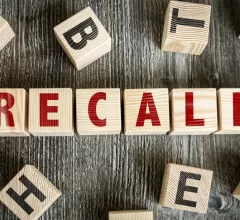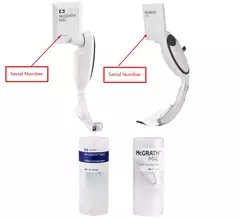Supply Chain
Managing supplies is a crucial part of moving medical products from the manufacturer to patient’s bedside. Efficient supply chains can reduce healthcare costs and make medical devices more affordable for patients and health systems. This news page includes content on supply shortages, inventory management, and procurement practices.
Displaying 65 - 72 of 121












